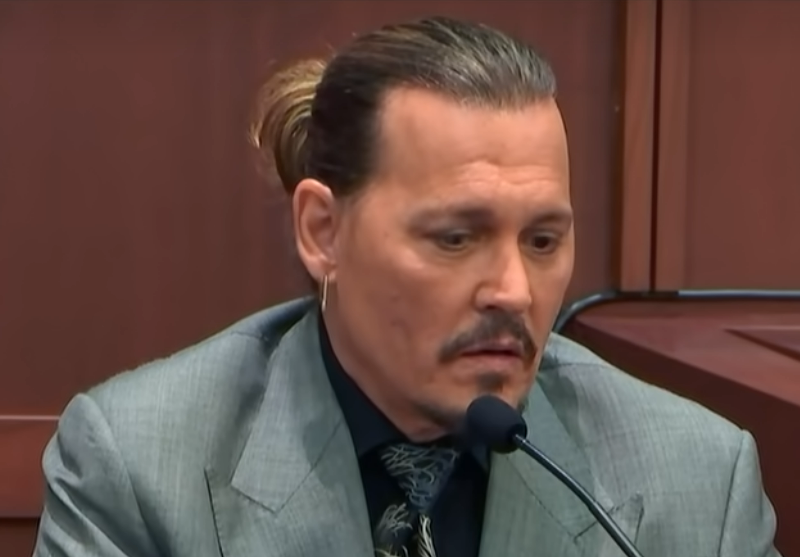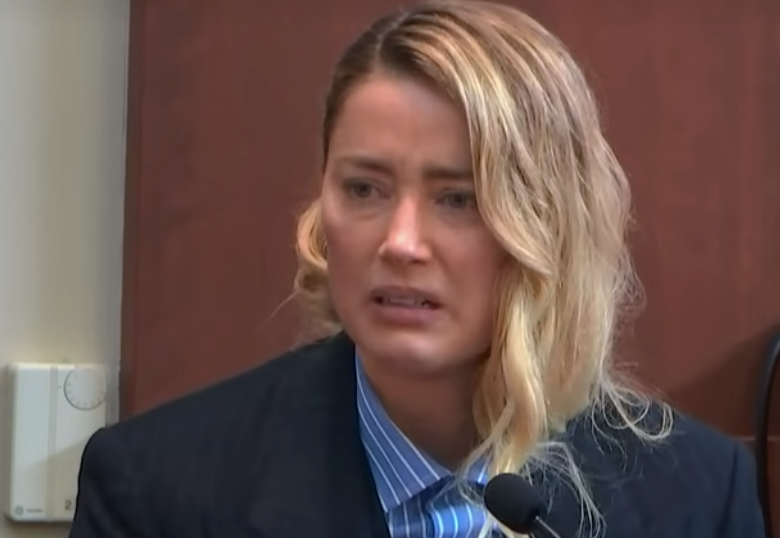

‘
This article is not meant to speculate on who is right or wrong; its purpose is to illuminate certain aspects of abuse, such as reactive abuse, that may not be very obvious, and to highlight specific circumstances discussed in the docu-series.
Now, let’s explore five key points that stood out in the netflix docuseries ‘Depp v. Heard‘.
1. Reactive abuse
Is reactive abuse really abuse? Technically, yes, but when considering the larger picture, it can be seen as a defense mechanism—a form of self-defense and a way to stand up for oneself in the face of narcissistic abuse.
Reactive abuse occurs when a person who is consistently subjected to mistreatment and manipulation reacts in an aggressive or abusive manner in response.
It is a response to prolonged emotional, psychological, or physical abuse, and it often occurs when the victim reaches a breaking point.
In our society, when women get angry or react to situations, it is often frowned upon, even if she is reacting to abuse she has endured.
Reactive abuse can be challenging to identify because it occurs in the context of ongoing abuse, making it difficult to determine who the true victim is.
2. “Childish” reactions
It’s important to note that while individuals dealing with narcissists may sometimes appear to have “childish” reactions, it’s not a reflection of their character or maturity.
Narcissistic relationships can be incredibly emotionally draining and manipulative, often leaving victims feeling cornered and frustrated.
In response to constant manipulation and gaslighting, victims might exhibit reactions that appear immature or emotional, but this is a defense mechanism against ongoing mistreatment.
It’s crucial to recognize the psychological toll of narcissistic abuse and approach the issue with empathy and understanding rather than judgment.
Moreover, narcissists can display extreme childishness and immaturity, even though they often project a well-put-together persona outwardly.
Their arguments and fights tend to exhibit childlike qualities. Therefore, it’s essential not to blame the victims of their abuse if they react in a similar manner.
3. Narcissists do not exhibit same behaviour with everyone
Narcissists do not behave poorly towards everyone; they typically avoid abusing individuals who possess power, a voice, or financial resources.
They avoid abusing people who they think are above them,atleast in the beginning.
Just because they have not abused someone does not prove they will not abuse someone else.
4. Misogyny
Character assassination of women in our culture, especially when they speak out against popular men, remains all too common.
Merely opening their mouths can subject them to online harassment and trolling.
Despite the #MeToo movement and the progress we claim to have made, our popular culture still frequently subjects women’s public statements to intense scrutiny.
Whether women choose to speak out immediately or wait, they face criticism. Holding “promising men” accountable for their misconduct seems to trouble the world deeply.
Narcissists often exploit existing societal stereotypes, such as labeling women as gold diggers or sluts, to support their arguments, even though these terms are actively discouraged.
If people are concerned about gold diggers, they should consider forming relationships with women of their generation who are financially independent and successful.
5.Recording your partner
One of the dynamics often found in narcissistic relationships is the necessity for one’s partner to document interactions.
Narcissists typically evade taking responsibility and refuse to acknowledge their mistakes, even when the evidence is glaringly obvious.
This persistent avoidance of accountability and tendency to lie directly to their partner’s face can compel individuals in such relationships to record conversations or gather proof.
Recording is also valuable when narcissists maintain a pristine image in the outside world because it can be exceedingly challenging for others to believe otherwise.
This is especially true for vulnerable narcissists.
While this may appear unconventional to someone in a healthy relationship, it becomes a practical and logical step when dealing with a narcissistic partner.

